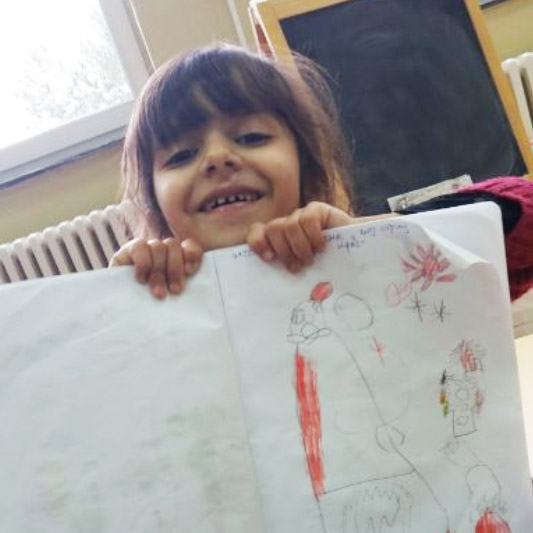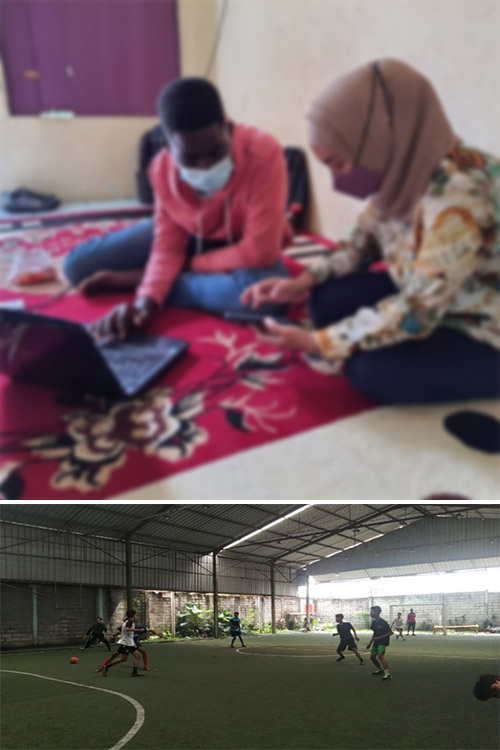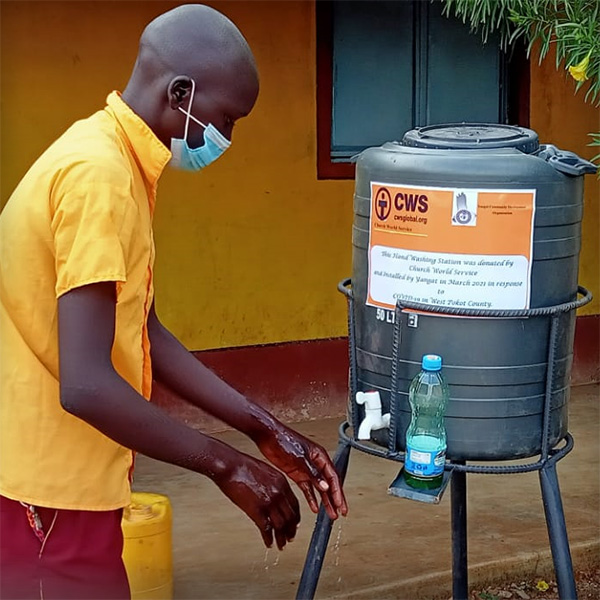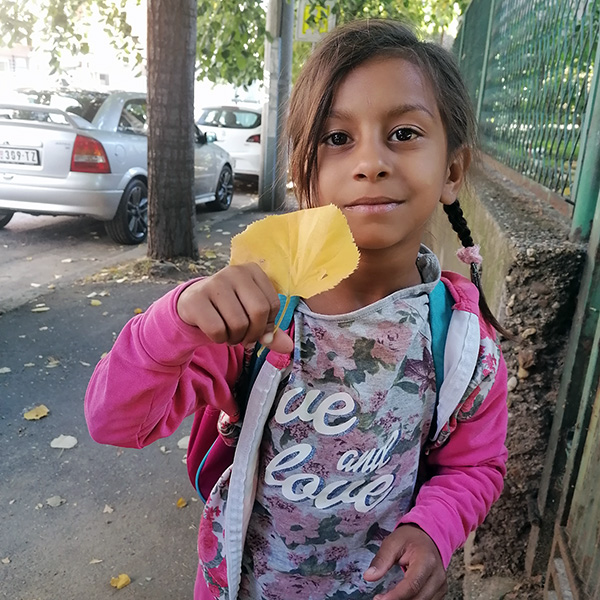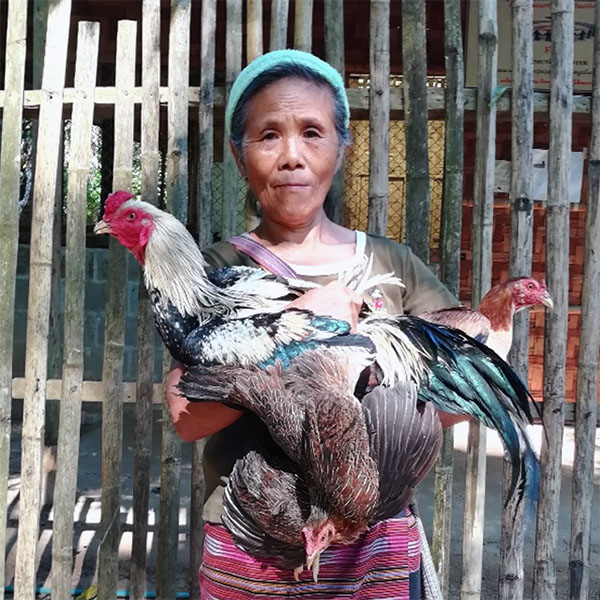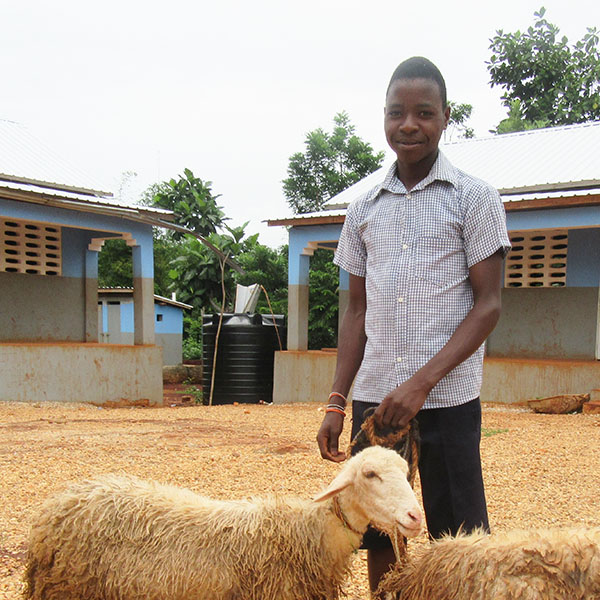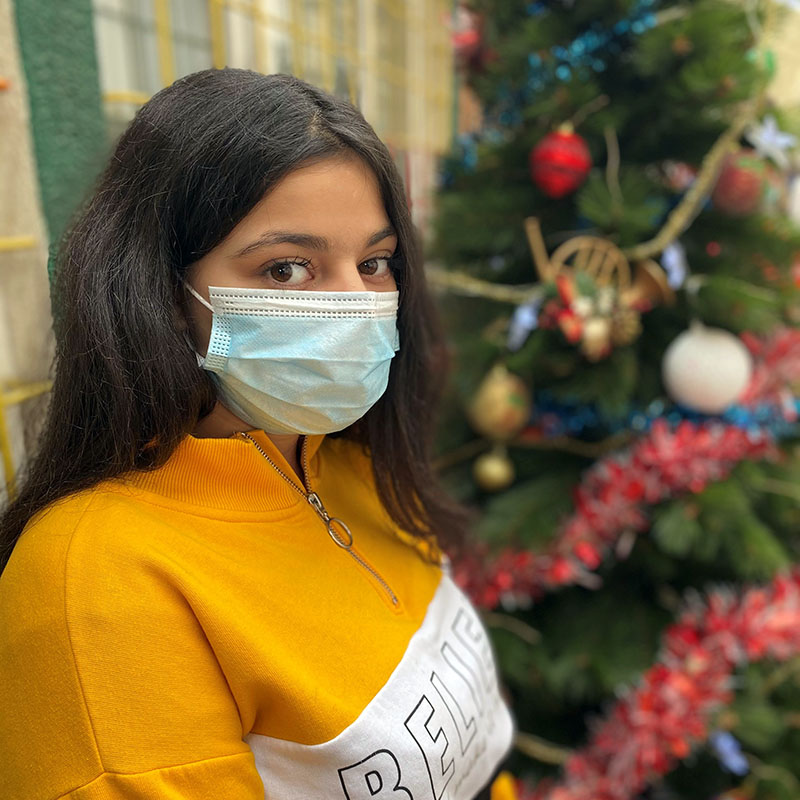“One of the aspirations of Plataforma NNAPES [and CWS]…is that children can be protagonists and speak with their own voice about their reality and can articulate their demands and their vision about this issue.” Martín Coria, CWS Regional Director for Latin America and the Caribbean, said this in a 2016 interview that went on to be part of a documentary …
Stories of Change
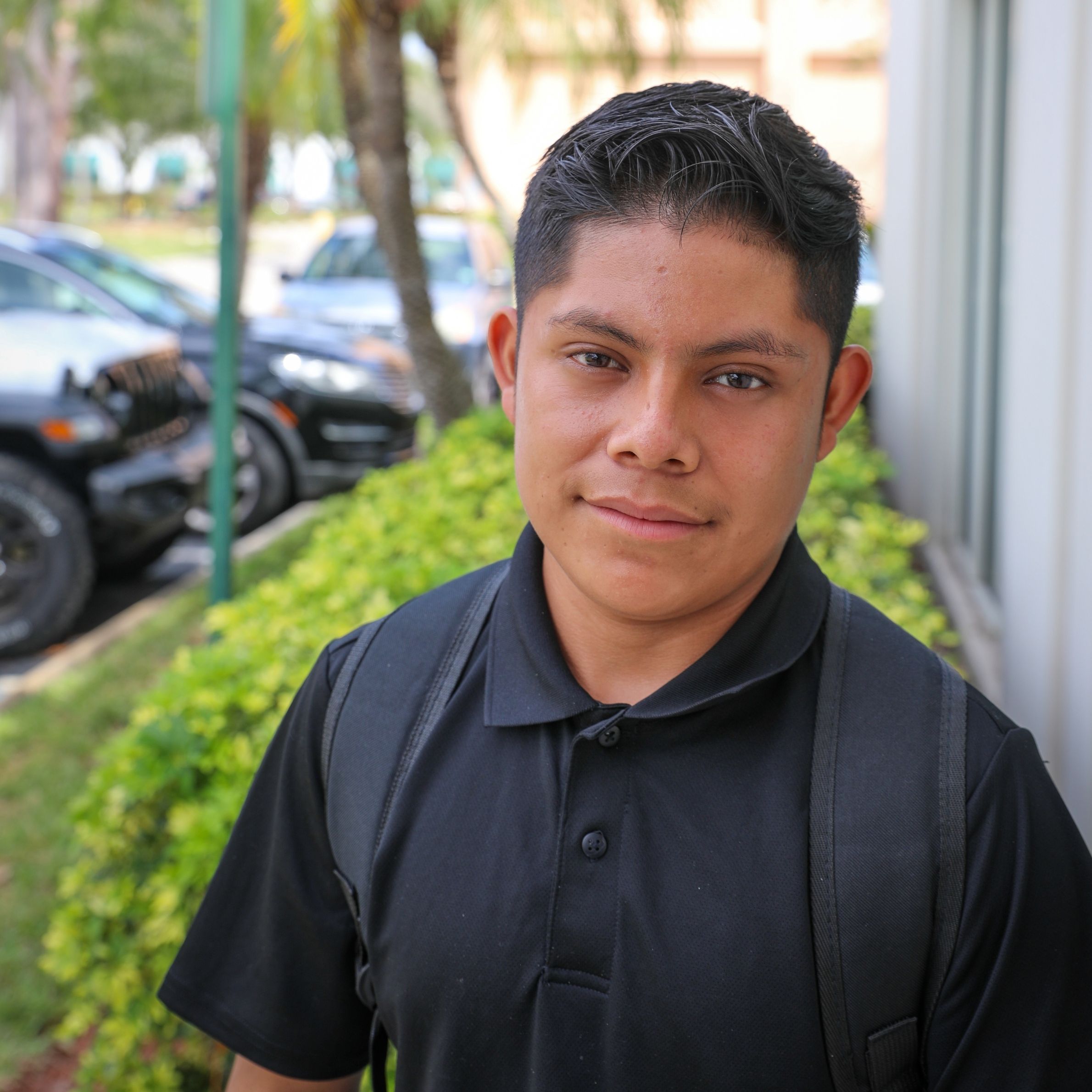
Pedro stands in front of CWS office in Miami
From Surviving to Living: Pedro Creates a New Life
In Guatemala, many indigenous people live in rural areas and experience various difficulties including lack of education and poverty. Since he was a child, Pedro experienced these difficulties firsthand. When he was just 12 years old, Pedro’s parents, who were unwell, abandoned him. “They left me at our home alone, so I started to work. Sometimes I found work and sometimes I didn’t. Some days I had one meal. Other days I had none. Sometimes there was work, but other times there wasn’t because there wasn’t much there.”
Life in Guatemala became about survival for Pedro. “I was just 16, just a kid. I wanted a better future and was really struggling to support myself.” Eventually, he decided he needed to leave, so he called his sister and asked her to bring him to live with her in Miami. Pedro crossed into Mexico and eventually into the United States, where he was held at the ORR Custody Center for about two months. Pedro had no complaints about his stay at the center since he was eager and focused on arriving in Miami.
When he was released, Pedro fearlessly boarded his first-ever plane and headed to Miami to reunite his sister and start a new life. When he arrived, things changed entirely for Pedro. In Guatemala, Pedro was all alone and only finished fourth grade. Here, he gets to go to school, make new friends and spend time with his sister. “I am happy here because I am with my sister. I feel happy with her, I get to go to school. I feel happy being here,” Pedro shared.
In addition to his sister and friends at school, Pedro has a case manager from CWS who is helping him establish a life in Miami and set goals. Pedro, whose native language is Ixil, also feels supported and comforted by the CWS staff. “When I arrived here, I didn’t know a lot of Spanish. I understood it but I struggled to speak it. People here [at CWS] helped me with that,” he said. He also shared that CWS has provided him with food and clothing donations and medical support.
In his new home, Pedro is excited about the many new opportunities ahead of him. He told us, “I want to move forward and keep studying so that I can have a career and move forward in life.” Pedro, who has a gentle and cheerful manner, shared that he hopes to become a nurse one day. For Pedro, life in Miami means that instead of focusing on surviving, he can start living life as a happy young man with dreams and aspirations. CWS is grateful to be part of Pedro’s journey and aims to provide him support and reassurance that he is not alone.

